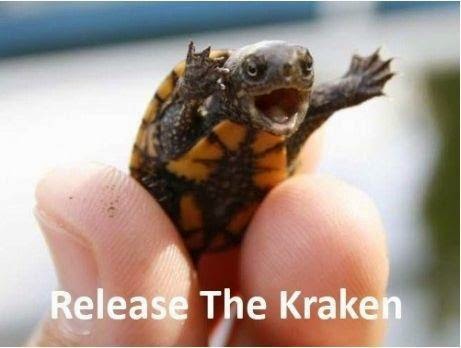Being in the money management profession, here is a conversation that I have on a not-infrequent basis.
Friend - "Keith, what is the best investment I can make right now?"
Me - "Books"
Friend - "What, like Amazon.com or Barnes & Noble stock or something?
Me - "No, like the books you read."
Friend (now with confused look on face) - "Books on investing?"
Me - "If that's what your interested in, sure."
At this point in the conversation its apparent that this person thinks I have completely misinterpreted, or was not listening, or have just gone off my rocker (which may be true regardless). So this is where I then explain what I am talking about. See most people expect an answer like Apple stock, index funds, or even gold (gold, by the way, is a terrible investment which I explain here). This is the stock-broker mentality where there are things you can invest in that are "can't lose" or "high returns, with no risk", or a "home run". I tend to look at things a little different.
Now to be totally fair the "books" answer comes from Mark Cuban, but I liked it so much that I stole it. Really its just a kind of smart-aleck way to say that the best investment you can make is in yourself. What most people fail to recognize that their largest asset is not their 401k. It's not their house (which is most commonly sited). Your most valuable asset is what is called your human capital. This is your ability to earn wages. For the overwhelming majority of people the wages they earn throughout their life will greatly outstrip the income from any asset they purchase. Furthermore, your ability to save and contribute to a 401k is directly a result of the wages you earn. So for those people who are just starting out, (while you should still definitely contribute to your 401k at least as much as your employer is willing to match those contributions), doing things that will enhance your ability to earn wages throughout your life is the very best investment you can make, with the greatest potential return. So while I say "books" what I really mean is education, skill training, reading, and really any other personal development method you can invest time and money in.
Everyone has probably seen at least one of the following statistics:
- Individuals with a bachelor's degree earn $21,000 per year, on average, than those with just a high school diploma.
- The earnings of a worker with a Master's degree was $13,500 more, on average, than someone with a bachelor's degree
- In 2012 the unemployment rate for worker's with a bachelor's degree was 4.0% compared to 8.3% for high school grads.
Even getting professional certificates can make a big impact on earnings
- CPA's earn 35% more than non-certified tax professionals on average.
- Assistant Project Managers in the construction industry who have a LEED Accredited Professional (LEED AP) certification make about 12% more than non-certified professionals, on average.
- Those working in operations or back office process roles who hold a Project Management Professional (PMP) certification make 9% more than non-certified professionals, on average.
Let's look at the least lucrative of these certifications listed; the PMP. If someone were 25 years old and making $50,000 per year, a 9% increase would result in $4,500 additional income. Over the course of the next 35 years of working, assuming no other changes, that adds up to $157,000. Not too shabby!
Just buying books and reading more can also help boost your salary as well. Our society is moving more and more to a knowledge-based economy, where people are getting paid to have knowledge and apply that knowledge to a customer situation. Therefore, anything you can do to add to your knowledge base can make you a more valuable worker. This also means that developing your communication skills (getting this knowledge to your respective customer) will also make you more valuable. And, these two areas are very closely linked. As a senior manager once advised "You have to be well read, to be well spoken."
So instead of trying to find the next hot stock, start by thinking about your greatest asset first - YOU! Are you doing everything you can to increase your earning potential? Are there skills that you don't have, that would help you in your current job? Who are the people doing the jobs that you want to have? What skills do they have? What knowledge base do they have? Are you acquiring those skills and getting that knowledge?
I say this specifically to the people who are "just starting out" but even those who are more advanced in their careers should take note. Acquiring skills and knowledge should be a life-long endeavor. It's just that the pay-off is greatest to those who have longer potential work lives. So if you have been holding off on that second degree or waiting for a more opportune time to go through a certification course, stop waiting and (as Nike says) Just Do It! The return on your investment for these programs goes down by the day; so your procrastination is costing your money!
Speaking of Nike, getting in better physical health can also make you a more valuable asset. People who are healthier miss less work (which management appreciates) and have more confidence (which is a trait looked for in workplace leaders...and workplace leaders make more money).
So finally, if you want the biggest bang for your buck, invest in yourself. Get a degree, read more, exercise, and find ways to be a more valuable asset. These are the things that will pay off the most over time.
Until next time....
"A formal education will make you a living, but self education will make you a fortune." - Jim Rohn
Sources: collegeboard.org & salary.com


